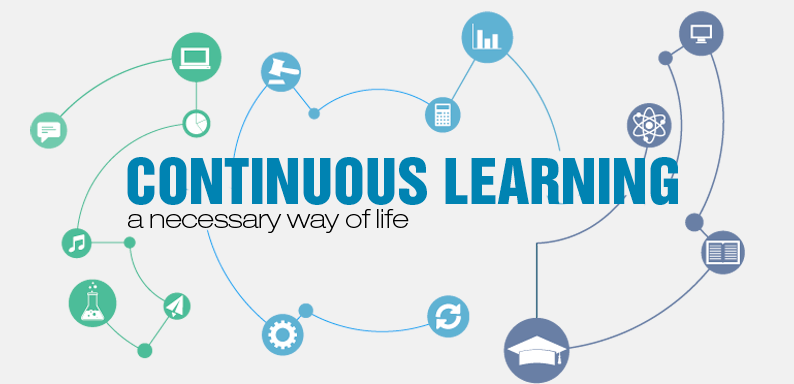
This era, often called the era of speed, falls short of fully capturing its essence. While it has been labeled the era of knowledge explosion, this characterization does not adequately reflect its dynamics. A more fitting description might be that it is an age defined by a relentless pursuit of the unknown, through the future. The nations that adhere rigidly to traditional frameworks in upbringing, education, and individual concerns tend to neglect the vital importance of renewal and adaptability. In contrast, those nations that actively embrace regeneration and the principle of speed not only advance themselves but also emerge as leaders on the global stage. Their ability to evolve has allowed them to shape the world in significant ways. To build a robust society, we must prioritize the development of individuals. This journey of personal growth can only be accomplished through continuous learning and hands-on experience. In a rapidly advancing era such as this, it is increasingly evident that those who harness knowledge and apply it effectively within technological services are the true winners in this race for progress. Continuous education is not a novel concept; it has been a cornerstone of human civilization since its inception. Education is an ongoing process that transcends the confines of any specific stage in life or academic pursuit. The philosopher John Dewey articulated this idea well when he stated, "True learning comes after we leave school, and there is no justification for stopping it before death." This perspective reinforces the notion that continuing education encompasses any form of learning or training undertaken beyond formal education. Its primary aim is to enhance professional skills and boost work performance, fostering an individual's overall competency and adaptability.
Furthermore, continuing education is an enriching activity that not only imparts essential information but also cultivates a diverse skill set. Recognizing this importance, our College is dedicated to implementing ongoing programs and courses tailored for faculty and administrators. We actively encourage participation in these initiatives to ensure that our team members continually develop their skills and acquire new knowledge, thereby contributing to both personal and institutional growth.
Improved performance
Continuing education improves employees' performance. Well-trained staff are more reliable, productive, and motivated. They can use these skills to solve problems, improve processes, and create new ideas, which in turn contributes to the Organization's success.
Fostering Innovation
Innovation is critical to any organization's success. Promoting a learning culture can encourage employees to develop new ideas and solutions, increase efficiency, create new products, and enhance customer satisfaction.
Increased retention rate
Enterprises that invest in the development of their employees are likely to maintain them. This is because staff members are more appreciated and satisfied with their jobs. Furthermore, continuing education provides career development opportunities, a critical factor in talent retention.
Increased cost-effectiveness
Investing in current staff development is less expensive than re-hiring and training new staff. By providing training and development opportunities for these employees, enterprises can save money on recruitment and preparation costs. Furthermore, well-trained staff are less likely to make mistakes, reducing the costs of such errors.
High performance
Continuing education is critical to becoming one of the best performers in your field. By developing skills and acquiring new knowledge, you can increase your performance or your functional competence. This will help you become more efficient, effective, and confident in your business.
Career Development
Additional training, education, or skills development can help you achieve your professional goals. If you follow a particular career path or want to get a new position, continuing education can help you acquire the skills and qualifications needed to get that. This, in turn, will increase your chances of getting your dream job.
Licenses or Certificates
Licenses or certificates are a prerequisite for specific functions. Further education is essential for employees wanting to obtain or renew professional licenses or certificates. This will help you stay updated with your business's latest systems and developments.
Promotions and incentives
You can take advantage of developing your performance at work and increase your chances of future promotions or financial incentives by taking time to learn a new skill or acquire new knowledge. You increase your chances of receiving promotions or rewards by demonstrating your commitment to self-development.
Personal Development
Continuing education is not limited to professional development only. Pursuing extra-curricular interests can lead to a broader vision and evolution that opens doors for new opportunities in the future. Personal development can help you gain new perspectives, learn new skills, and expand your horizons.
Competition exports
Staying current on your business's latest trends and developments can help you stay ahead of the competition. By constantly updating your knowledge and developing your skills, you can present yourself as a high-value asset in your Organization and thus remain competitive.